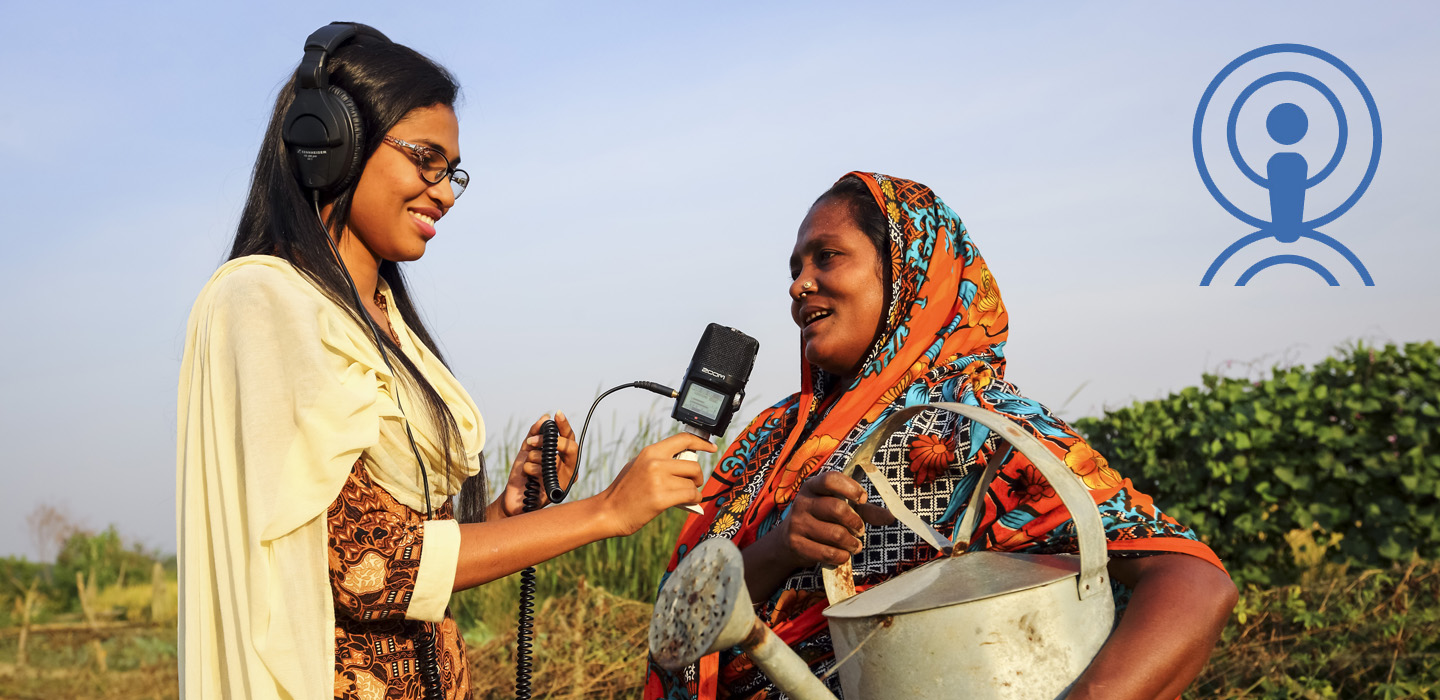The Nigeria Hydrological Services Agency (NIHSA) has listed
Anambra, Rivers, Bayelsa and 10 others states as floodprone and warned
residents to be watchful, reports NaijaAgroNet.
Other states on the watch list as gathered by NaijaAgroNet include Kebbi, Niger, Kwara, Kogi,
Edo, Delta, Adamawa, Taraba, Benue and Nasarawa.
Disclosing this, the Director, Engineering Hydrology, Nigeria
Hydrological Services Agency (NIHSA), Engr. Clement Nze, informed NaijaAgroNet at the weekend, that the
riparian states and communities by the banks of Rivers Niger and Benue and
their floodplains, due to systematic daily rise in the water levels on both
rivers Niger and Benue, ought to be watchful.
“Records from our
measuring stations in Lokoja (River Niger) and Makurdi (River Benue) clearly
show this,” he declared.
This situation, he also said, calls for watchfulness on the
part of the riparian states as there is still likelihood of occurrence of river
flooding, noting that Shiroro Dam has already joined Kainji and Jebba Dams in
spilling water, which has contributed to the steady rise in the water level.
As at Thursday, 6th September 2018, NIHSA’s hydrological
measuring station downstream the confluence in Lokoja recorded a stage height
of 9.89 meters and a discharge value of 21,326 cubic metres/second as against
lower values of 9.43 meters and 19,762 cubic metres/second recorded on the
corresponding date of 6th September 2012.
“From the foregoing, it could be said that all the indices
that caused the 2012 river flooding have manifested, Except Spillage of Water
from the Lagdo Dam. For the records, it was on 29th September 2012 that the
maximum flood level of 12.840 meters and the corresponding discharge of 31,692
cubic metres/second were recorded at our station in Lokoja, downstream the
confluence in 2012,” Eze pointed out.
Additionally, he said that by NiMet’s 2018 Seasonal Rainfall
Prediction (SRP) released earlier in the year, 28th September is the earliest
cessation date of rainfall in Sokoto and Katsina, while December is the
earliest cessation date for the southern coastal cities.
The implication of this, Nze explained, is that the Northern
part of the country should be expecting more rains in the next three (3) weeks.
High flows are still being expected from the upper catchment of the Niger
Basin. The River Benue is equally rising, though the level of water as at today
has not attained the level witnessed at this time in 2012. This rise in water
level should not be attributed to any release of water from the Lagdo Dam in
Cameroon.
The Dam, he said, is still impounding water in the reservoir. The localized
urban flooding incidents being witnessed in some cities and communities in the
country are expected to continue due to high rainfall intensity of shorter
duration, rainstorms, blockage of drainage system and poor urban planning, as
well as coastal flooding resulting from sea rise and storm surges. States and
Local Governments should endeavour to remove structures built within the
floodplains, clear blocked drainages, culverts and other waterways.
In the light of the above, the following states that are
contiguous to Rivers Niger and Benue should be on alert in the event of river
flooding.
Ozo Nweke Ozo/GEE















